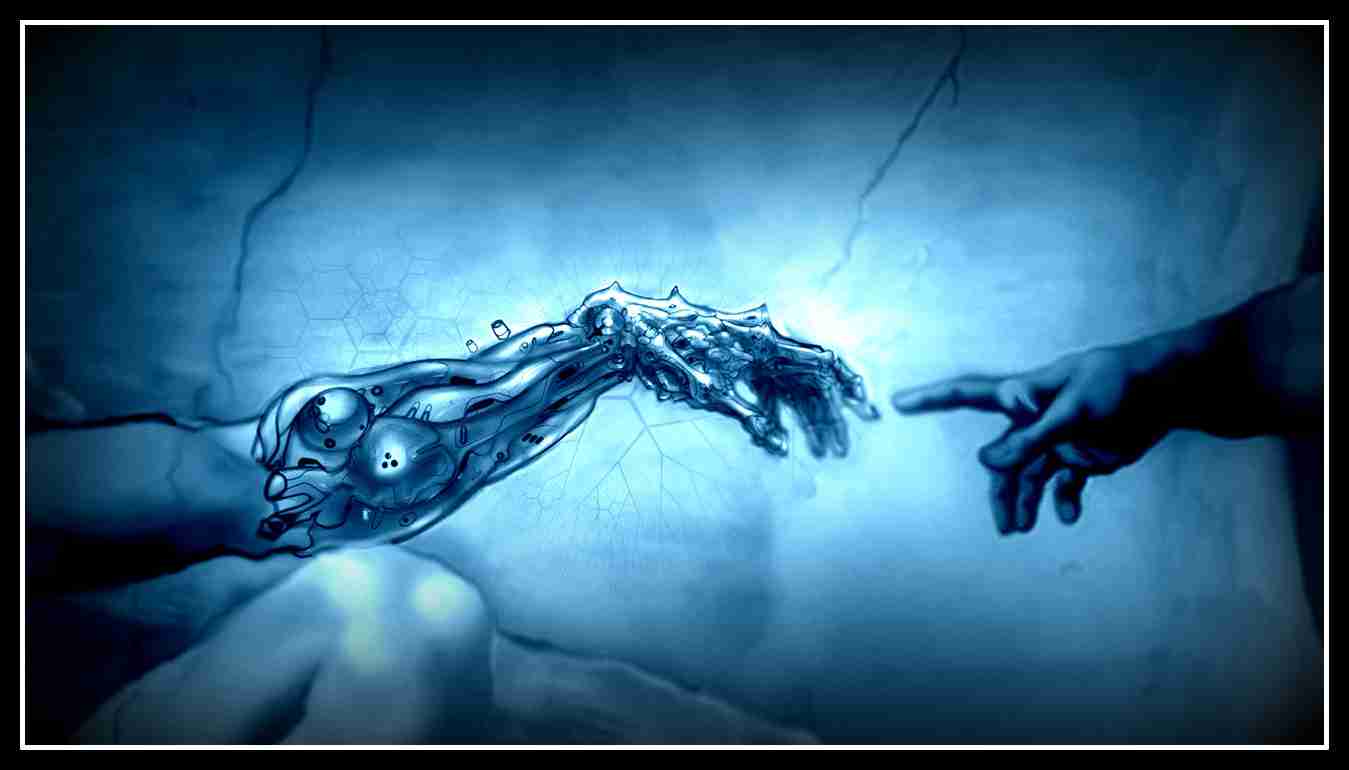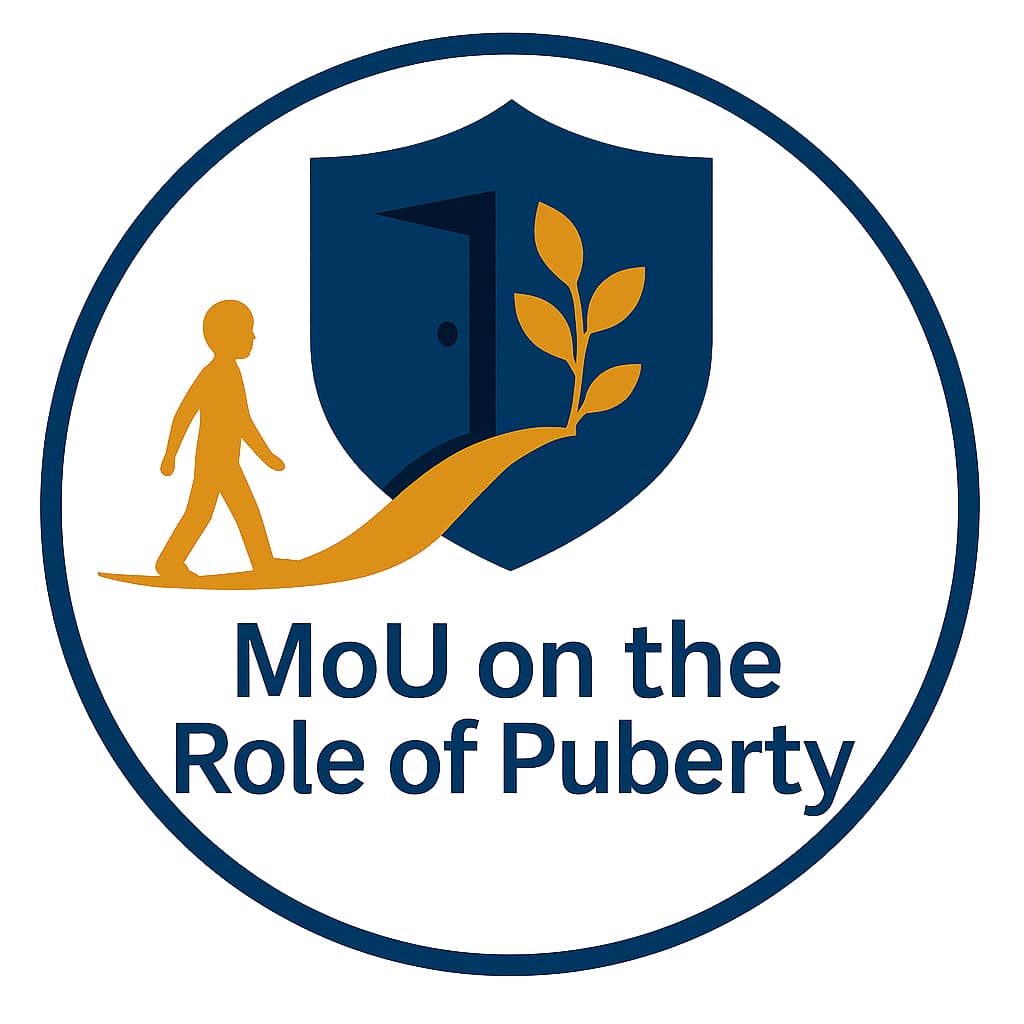Whatever one’s stance on the war between Ukraine and Russia or one’s judgement on the Kiev and Moscow regimes, there is no doubt that the historical phase we are witnessing promises to be a watershed of epochal significance, equal if not greater than others of the recent past, such as the collapse of communist regimes and the Berlin Wall or the attack on the Twin Towers. Under these conditions, the danger is to lose oneself in partisanship or football supporters’ stances, and the opposing propaganda, which in times of war is all the rage, greatly favours this type of blindness, which prevents an as serene as possible, but above all general and objective, assessment. For those of us who are immersed 24 hours a day in western propaganda, interrupted in flashes, on specific and dedicated channels, by eastern propaganda, it makes sense to try to strip ourselves of all prejudice and try to elevate ourselves to have an ‘eagle’s eye’ view of the situation, encompassing the widest possible breadth of the visible. A fundamental first step, in this sense, is to leave room for the reasons of those who are erased, criminalised, demonised in our propaganda. We are talking about listening to ‘the enemy’, his reasons, his arguments. Even if we do not like and disagree with them. Doing so can help shed a different light on the overall scenario, especially with respect to what we have been arguing since the beginning of the conflict: this is not a regional war confrontation, nor is it just a war between the US-NATO and Russia. Instead, it is a clash of civilisations.
In other words, two opposing visions of the world and the human being confront each other, which must be well framed and understood, also and above all from the perspective of the themes that are usually dealt with in these pages. Which, as we will say in a moment, are surprisingly and extraordinarily present in the ongoing clash between two alternative weltanshauung. The starting point can only be the long speech given by Vladimir Putin on Friday 30 September, on the occasion of the ceremony held in Moscow for the acceptance into the Russian Federation of the republics of Luhansk, Donetsk, Zaporozhie and Kherson. The speaker was one of the leaders of that conglomerate of sovereign states that is increasingly openly opposing US and Western hegemony in general. That is to say, Vladimir Putin’s words are not only intended to convey Russian thinking, but also that of China, Iran, Asia in general, and to some extent of the many former colonised countries of Africa and South America, which increasingly look favourably on the establishment of a new global multipolar order. The Russian president’s words, cleansed of the obvious rhetoric required by the circumstance, not only give a precise and interesting insight into the criticism that that conglomerate of sovereign states reserves for the West as a whole, for its past and present acts, but also touch on some issues of particular interest to us. Themes that we never thought would enter into a discourse that will probably be cited in the history books of the future, as a turning point in the history of the 21st century.
|
Vladimir Putin’s entire speech, Moscow, 30 September 2022, dubbed into English. |
The ideal Eastern Bloc contention.
Towards the end of his speech, in fact, in clarifying the radical irreconcilability between the Western and Eastern models, Putin says (italics always ours in the following quotations): ‘They do not care about the natural right of billions of people, the majority of humanity, about freedom and justice, about the right to determine their own future. They advance in the radical denial of moral, religious and family values. Let us answer a few simple questions, and I address myself to all citizens of Russia: do we want to have ‘parent number one, parent number two, parent number three’ here, in our country, in Russia, instead of ‘mother and father’? Do we want our schools to impose on our children, from their earliest years, perversions that lead to degradation and extinction? Do we want to hammer into their heads the idea that there are other genders besides male and female and offer them gender reassignment through surgery? Is this what we want for our country and our children? For us it is unacceptable. We have our own idea of a different future’. So, surprisingly, simple concepts on which we have often pivoted analyses that we thought were ‘niche’, burst into a historical discourse concerning the world geopolitical balance. It’s enough to make our eyes glaze over, but Putin decides to make us literally jump in our seats. He continues: ‘Let me repeat that the dictatorship of the Western elites has all societies in its sights, including Western civilisation. It is a challenge for everyone. This complete renunciation of the meaning of being human, the subversion of traditional faith and values, and the suppression of freedoms comes to resemble a ‘religion in reverse‘, pure Satanism. Calling out the false messiahs, Jesus Christ said in the Sermon on the Mount: “you will recognise them by their fruits”. These poisonous fruits are already clear to people, not only in our country but also abroad, including many societies in the West’.
Clearly the the mystical-religious tones of some parts of Putin’s speech serve to mobilise the more traditional (and numerous) social strata of his people, yet it is striking that he has decided to mention the ideological bungling of sexual identity, peculiar to the last few decades in the Western weltanshauung, as the very symbol of a degradation taking place abroad and threatening Eastern cultures. A degradation, the Russian president is well aware of, which many in the West are aware of and concerned about, although they do not express themselves in terms of ‘perversions’, as Putin does. That there is something wrong is clear to many of us and it is very clear to the Russian leader, who goes to the heart of the process of trans-humanisation taking place in the West, activated and kept alive by anti-natural ideas that take on the guise (and extremist impulses) of new religions. It is not uncommon, indeed we have often done so, that on these pages feminism or genderism are equated with religious fundamentalisms of the worst kind, with all their load of falsifications. These dynamics are also clear to the East: ‘the truth has been sunk in an ocean of myths, illusions and falsehoods’, Vladimir Putin said elsewhere in his speech, ‘using extremely aggressive propaganda, lying according to Goebbels’ scheme: the more incredible the lie, the faster people will believe it’. This, for the issues we are interested in, is indeed one of the pillars of the world we live in, the child of that more general ‘dogmatic conviction that neo-liberal civilisation and culture are an indisputable model for the whole world’ (Putin’s words again). Indisputable and, we would add, apparently inescapable and incontestable. Which, instead, the Eastern bloc is beginning to do: openly contesting a socio-cultural model by re-proposing certain ethical-moral pillars on which to build a new model of the future. And it is precisely the audacity and attractiveness of this re-proposal that makes the Western reaction so bitter and discomposed: ‘the current neo-colonial model is doomed, it seems obvious. But, I repeat, its true masters will hang on to it to the end’, Putin concludes.

An interpretation not to be overlooked.
It does not, and should not, escape our notice that behind the ongoing war between Ukraine and Russia there are also, if not above all, purely economic or commercial hegemony reasons, but we cannot limit ourselves to a Marxist reading of events when the ultimate spokesman of one of the conflicting parties, as well as of an alternative project for the future such as the East, includes in his speech the historical, moral and ideal elements that we can find in Putin’s speech mentioned above. It is essential for everyone, even those who hate the Russian president, to listen to them and place them in the general historical context in which we find ourselves, and to ask ourselves whether there really is, as Putin himself maintains, a widespread need, even in the West, to go back to planning the future on the basis of certain ‘traditional’ value pillars, by which he means conforming to human nature, i.e. opposed to any trans-human hypothesis. It makes sense, even while condemning every autocratic and libertarian drive, even while opposing every war, to be self-critical and ask ourselves whether we really have not gone too far in designing an unsustainable non-humanity based on technocratic assumptions and progressive disguises, and whether such a project does not conceal injustice, suffering and disasters in greater quantity and of a worse quality than a modern reconciliation of the most widespread and shared ethical-moral values proper to every humanity, at every latitude. It makes sense, even when listening in an objective way to those who are portrayed to us as fierce enemies, to ask whether this is not also, as he claims, ‘a battlefield where future generations, our children, grandchildren and great-grandchildren, are at stake. We must protect them against every slavery and every monstrous experiment designed to cripple their minds and souls’.
These too, as well as many others outside the scope of these pages, are questions that the eastern alternative movement to the western model puts on the table, before the eyes of its citizens but also before our own. It is up to us to assess whether these are mere rhetoric and specious attacks on a socio-cultural process that is truly progressive, or whether indeed, looking at it from the inside, there is no way for us to detect something deeply wrong and degrading in the scenario in which we are immersed. In which case, there is no radical change of front, no need to become ‘Putinist’, ‘pro-Russian’ or ‘pro-Easternist’. However, these are considerations and aspects that can and indeed must enter into collective self-critical reflection, even if one decides that the alternative of which the East is the spokesman is unacceptable in its entirety. We, in the narrowness of our self-imposed field of arguments, stop here in amazement to see reflections similar to those we have been developing for years presented as key points within a political discourse delivered by one of the world’s great powers. We suspected that this was a clash of civilisations, but we thought that the whole thing was wrapped up in a niche, a large but still niche, of issues pertaining to the Western debate. Vladimir Putin has shown us that this is not the case: we are dealing with much broader issues, on which entire geopolitical realities that recognise themselves in a sphere of influence foreign to Anglo-American hegemony have their own alternative interpretation. An interpretation that it would be superficial and perhaps even harmful not to take into due consideration by those who, in the Western context, have been trying for some time to call their own communities of reference to a critical thinking towards processes that are all too much trans-human.


